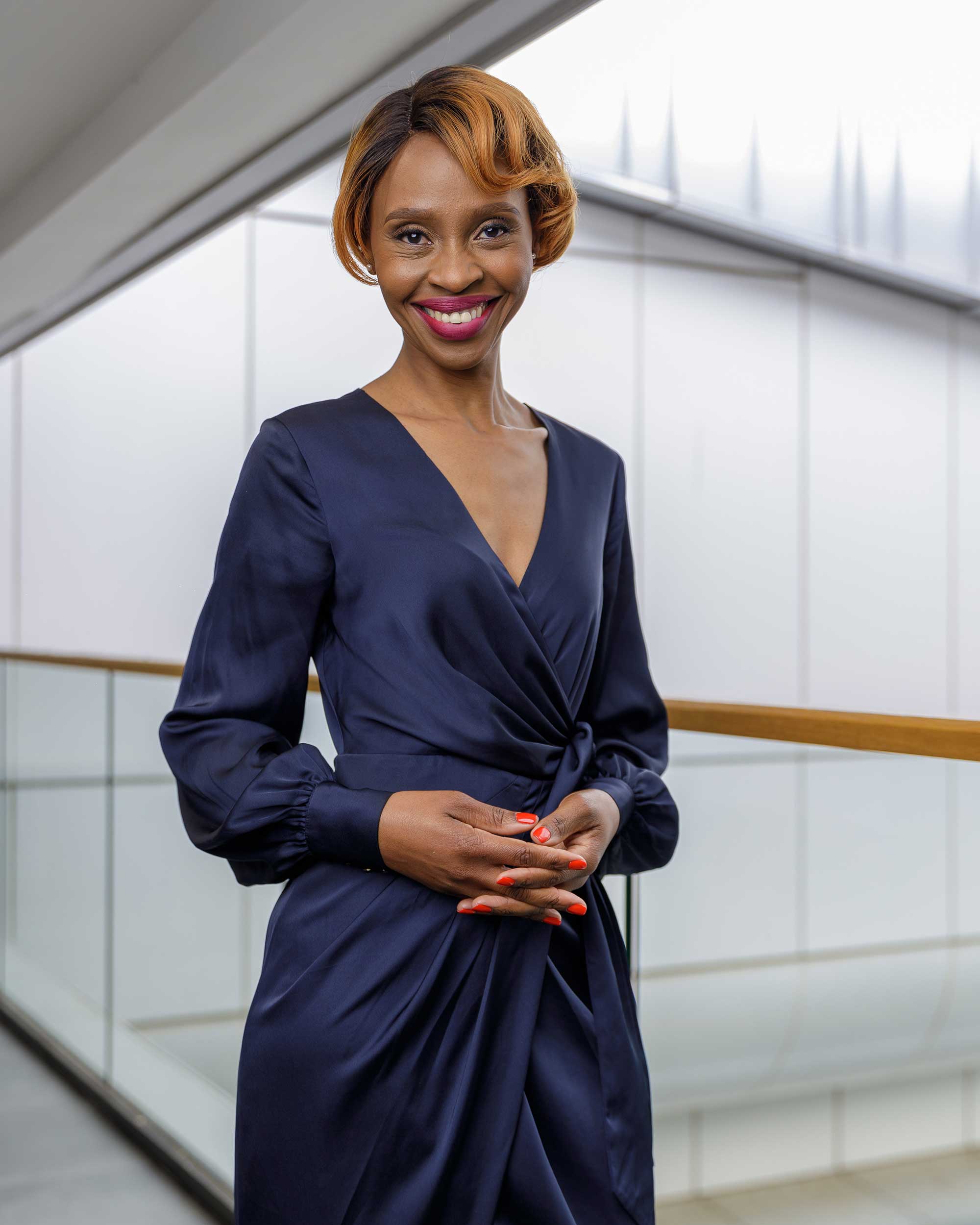It’s tough getting to the top – it’s even harder staying there
YOU’VE got the CV and seen the vacancy. Do you think you should get the job? My job is headhunting CEO and other C Suite executives. I find board members too – and I have to tell you that some of the best candidates fail. This is because they make the most basic errors; before, during and after the panel interviews, not because they don’t deserve to get the job.
Your CV has to be accurate and true
Like all good tales, it starts at the very beginning. Your CV is the story of your life and people who read it have certain expectations. It has to be spot on and it has to be true. That starts with your choice of photograph. Don’t use a photograph of yourself from a decade ago, but rather put in a picture of what you look like now. If you use a previous picture, what message are you giving if you appear as one character in your resume and a totally different one in real life?
The same goes for your employment record. Put in dates. The interviewers on the panel want to see whether you are a job hopper or not. It’s one thing to devise strategies and a whole other ball game to implement them and live or die by the results. If you’re making plans, why aren’t you being given the opportunity to put them in practice? Or weren’t your plans that good?
Short and compelling
CVs should be short and compelling. Not wordy and full of irrelevance. List the achievements that make you stand out. If the company is looking for a mover and shaker, they want to know that you have a track record. A track record of getting in; making plans, implementing them and turning the business around. Companies also want to see how you measured that success. Sometimes, putting in the fact that you serve on the PTA or sing in the church choir is not that relevant, unless the job is looking for proof of community involvement.
Don’t steal valour
Finally, don’t steal valour. Being on an MBA programme is not the same thing as having an MBA. Tell it like it is. If you are busy studying for an MBA, put that there. Don’t claim an MBA if the thesis is still outstanding or if you only did the preparatory PG Dip in management practice. And remember, a PhD is wholly thesis based. There is no such thing as a PhD without a thesis, despite what you might have seen on LinkedIn.


Show respect by preparing for the interview
Once you’ve made it to the interview phase; show some respect by preparing for it.
Whatever you did in the past has qualified you to be invited to this part of the process. Now you need to show the panel that the opportunity was worth reading the company’s last couple of annual reports, so that you can offer them an opinion about their company.
And if you weren’t able to study those documents to actually do your research, be honest. Then offer an opinion in that context. Don’t just try to busk it, because you will be caught out.
Preparing includes thinking about what you are going to say and how you are going to present yourself. You need the technical and analytical skills, but if you are competing for a C-suite appointment, you need to project gravitas and confidence.
You need to be eloquent. Just pitching up and winging it, won’t cut the mustard. Lockdown have allowed us all a bit of leeway in terms of remote meetings and digital backgrounds. A face-to-face meeting means being appropriately dressed and groomed.
Package negotiations
They will ask you what you are looking for in terms of salary and perks.
You know what is reasonable within the parameters of your own earning history and what and where the company is. You mention a sum based on that. The panel will either agree or seek to temper your expectations then and there.
The key thing though is that when you do receive a formal offer and it is 20 – 30% higher than the figure you mentioned, do not try to hold out for more. That’s not just bad negotiating tactics, it’s actually bad faith.
Never pretend to be someone you are not
Quibbling over money after the fact will leave your prospective employers with a bad taste in their mouths. Furthermore, it does not compare to the perils of claiming to have a degree that you have neither earned nor been awarded or misrepresenting how you actually look.
You might get away with some during the pre-selection process, if the recruiters have not done their due diligence, or even with it on the panel phase, because everyone has assumed that your CV has been vetted and is what it says it is.
But when it does emerge – and it will – that you don’t have that qualification, you literally won’t have a leg to stand on.
After all, who wants to entrust a multi-million Rands company to someone who can lie about something as fundamental as a qualification? Putting in an airbrushed, ancient picture of yourself isn’t much better.
It’s the same question, just asked differently. If you can’t be honest about what you look like, what else can’t you be honest about?
Be honest, be authentic, be pro-active
Those aren’t questions you ever want asked about yourself – ever. Not at this level.
Be honest, be authentic, be pro-active and let the good in you shine through.
That’s how you’ll get the job and how you will keep it, because you will have made sure that you have managed expectations at every part of the process.
Now go out and get your dream job. Good luck!

Lucia Mabasa expresses an expert opinion in this article
Lucia Mabasa is the Chief Executive Officer of pinpoint one human resources. An executive search firm, established since 1999. The core business of pinpoint one human resources, is the executive search of C-Suite executives, critical and scarce skills across industries, sectors and functional disciplines in South Africa and across Africa.
Read her previous columns on leadership. Avoiding the pitfalls of the boardroom and becoming the best C-suite executive you can be.
This article was published in IOL.




